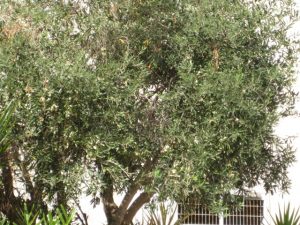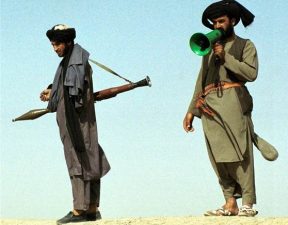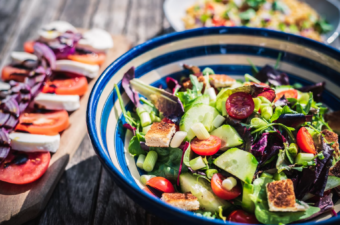We love olive oil and hummus, but there is more to the Mediterranean diet than just food. UNESCO has recently added the rituals, knowledge, and skills associated with the food common to residents of Cyprus, Croatia, Spain, Greece, Italy, Morocco, and Portugal to its list of heritage “intangibles” that are worthy of protection.
To eat cous cous, chickpea soup or other spicy Moroccan dishes means to consume not just the plate of food at hand, but also a long history of rich cultural tradition, ritual, and knowledge – from animal husbandry to water management and terraced agriculture.
This accumulated knowledge and tradition is so rich and so important that UNESCO, which is also tasked with protecting physical landmarks and historical monuments as heritage sites, believes they deserve urgent safeguarding.
Which is why they added The Mediterranean Diet and other intangible cultural relics from the Middle East and North Africa to their heritage site.
“The Mediterranean diet involves a set of skills, knowledge, rituals, symbols and traditions concerning crops, harvesting, fishing, animal husbandry, conservation, processing, cooking, and particularly the sharing and consumption of food,” writes the group.
“The Mediterranean diet emphasizes values of hospitality, neighbourliness, intercultural dialogue and creativity, and a way of life guided by respect for diversity.”
Turkish coffee – that potent caffeinated soup common throughout the region – has also been added to the list of cultural relics that should be preserved.
“Turkish coffee combines special preparation and brewing techniques with a rich communal traditional culture,” according to UNESCO.
“Traditionally, Turkish coffee is made in a finjan,” according to our in-house food writer Miriam Kresh to preface this fantastic recipe.
“It’s a special pot with a long handle, wider at the bottom so that most of the grounds stay behind when you pour the coffee out. In the Middle East, they’re commonly available. But if you don’t have a finjan, any small pot still makes good coffee.”
UNESCO calls the tradition itself a symbol of hospitality and friendship that “permeates all walks of life.”
“An invitation for coffee among friends provides an opportunity for intimate talk and the sharing of daily concerns.”
Other rituals from the region include the annual pilgrimage to the mausoleum of Sidi And el-Qader Ben Mohammed, a trip that nomadic and settled Sufi communities undertake a pilgrimage beginning each year on the last Thursday of June, as well as practices and knowledge linked to the Imzad of the Tuareg communities of Algeria, Mali and Niger.




